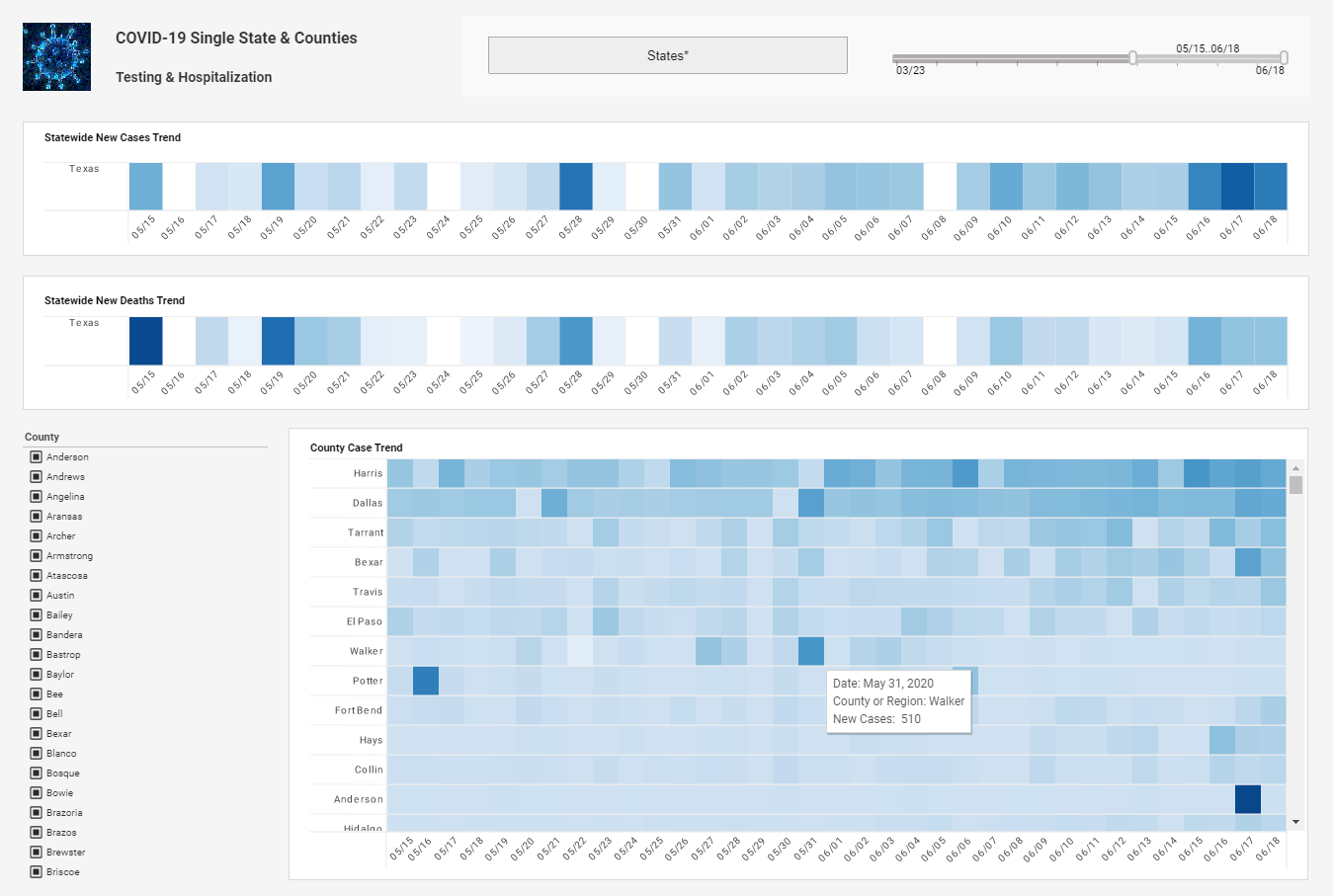Performance Management in Government
Below is the transcript of a Webinar hosted by InetSoft on the topic of "Performance Management in Government." The presenter is Christopher Wren, Principal Consultant at GPM.
Christopher Wren (CR): Let me start by introducing myself. I am a performance management consultant, and I have been focused on government for more than 10 years. Even though I’ve been doing this for that long, I still consider myself a federal employee since I was one for almost 15 years.
I was at the US General Services Administration. And I’ll tell you one of the lessons I learned right away on that job was that you have got to connect planning and measurement.
At the time the GSA’s strategic plan was really written just by one person who worked for the CFO’s office in the basement, and there was no connection to performance. One of the first things we did was bring that planning process up to literally the top floor and get the head of the agency more involved and start really with that top down framework.
Lessons Learned
I guess the bottom-line from my lessons over the last 10 years in government performance management really is leveraging your plan and connecting planning and measurement. So again take down my information. We are always here if people have comments, but I especially welcome if people have some performance measures that they want to have a third party review, we are always available to help the government organizations do that.
Moving on, I wanted to make sure that everyone on today’s call was familiar with a particular piece of legislation that has percolated around Capitol Hill. This is really the first focused effort in Congress on passing new performance legislation since GPRA, and GPRA was in 1993, so it's been quite sometime that we have seen legislation get this far in Congress.
I think that’s a real reflection of what's going on around the country. There is a clear demand for accountability and transparency, and it's really a very, very positive.
This bill passed the house in June. There has been a Senate bill that has reached the floor and looks like it will pass as soon as the Senate gets back in session and then of course there will be some remediation between the two and we should see a new law that will revise how the government measures performance probably next year.
So I want to make sure everyone keeps in tune with that and if you have questions on what's in that legislation I will be happy to answer a question on that either today or offline. But you know one of the things that I think the legislation doesn’t get to is why are we measuring and what are we going to do with the measures.
In reality Congress can't tell organizations what to do with the data. They can simply demand that data collected, so I think it's still up to us who are doing this work day in and day out to really make this stuff matter and to make performance measurement drive the activities that we are involved in on a day-to-day basis.
Explaining the Government Performance and Results Act (GPRA)
The Government Performance and Results Act (GPRA) of 1993 is a landmark legislation aimed at improving the efficiency, effectiveness, and accountability of federal government programs. GPRA requires federal agencies to develop strategic plans outlining their mission, goals, and objectives, as well as annual performance plans detailing how they will achieve those objectives. This strategic planning process encourages agencies to align their activities with their mission and goals, prioritize resources, and establish clear performance metrics to measure progress and outcomes.
One of the key provisions of GPRA is the establishment of performance measurement systems to evaluate the effectiveness of federal programs and initiatives. Agencies are required to set specific, measurable performance goals and targets, track their progress, and report their results to Congress and the public. By implementing performance measurement systems, GPRA promotes transparency and accountability, allowing stakeholders to assess whether government programs are achieving their intended outcomes and delivering value to taxpayers.
GPRA mandates a culture of continuous improvement within federal agencies by requiring them to use performance information to make data-driven decisions and enhance program effectiveness. Through regular performance reviews and evaluations, agencies can identify strengths and weaknesses, pinpoint areas for improvement, and make adjustments to their strategies and operations. By fostering a results-oriented approach to governance, GPRA helps ensure that taxpayer dollars are being spent wisely and that federal programs are delivering the intended benefits to the American people.


